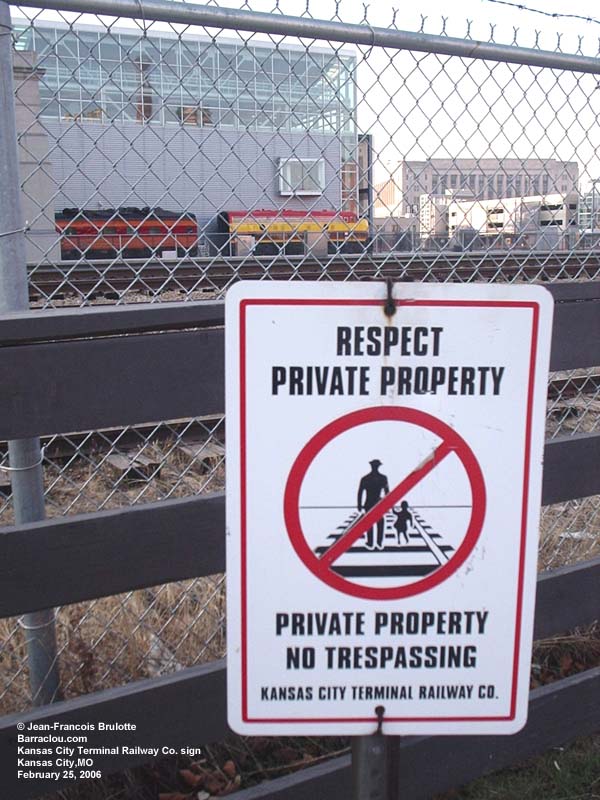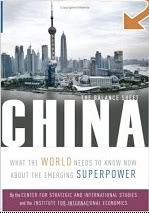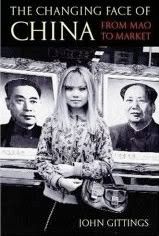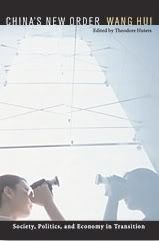New law strengthens China's private property rights
 10.15am
10.15amStaff and agencies Friday March 16, 2007
Guardian Unlimited
China today took a further step away from its communist past as parliament passed legislation strengthening private property rights for individuals and companies.
The highly symbolic law - which also removed preferential tax rates for foreign companies operating in China - was overwhelmingly passed by the National People's Congress (NPC) on the final day of its annual two-week session in Beijing.
Despite the huge majority - 2,799 delegates voted in favour with 52 opposed and 37 abstaining - the law is controversial.
It had been vigorously opposed by a small but influential group of scholars and retired officials, who described it as a move towards unrestrained privatisation that would further widen social divisions.
The law, which has been debated for 14 years, effectively puts the final, official seal on the way China's still officially communist economic system has been transformed by private enterprise and foreign investment over the past three decades.
The economy is increasingly dominated by the private sector, which now accounts for 65% percent of China's gross national product.
Along with private businesses, the new law also aims to bolster the rights of homebuyers who have pushed the urban home ownership rate to more than 80%.
It is also intended to help farmers who have frequently lost their land to infrastructure and housing projects with little or no compensation.
The tax law unifies the tax rate for foreign-financed companies with those of Chinese enterprises at 25%, ending an era that saw China create special economic and technology zones with lower taxes.
This year's NPC session was marked by promises from the Chinese leadership to tackle the growing gap between the rich and poor.
Wen Jiabao, the Chinese prime minister, emphasised that aim in his closing speech to the parliament today, saying the Communist party needed to focus on those left behind by the economic boom.
"The priorities now are promoting equality in education opportunities, adopting progressive employment policies, narrowing income gaps and building social security networks that cover both the cities and the countryside," he said.
In a two-hour press conference he also said the world should not be afraid of China's increasing military might.
In January, the country's military successfully tested an anti-satellite space weapon, and a 17.8% increase in military spending has been announced.
"China always advocates for the peaceful utilisation of outer space, and we are always opposed to an arms race in outer space," Mr Wen said.
Prior to the opening of the NPC, Taiwan's president, Chen Shui-bian, angered China by again talking of possible independence for the island, which split from the mainland in 1949 and which Beijing promises to invade if it formally secedes.
"We will never allow anyone to change the history, the reality and the universally recognised legal status of Taiwan - that is Taiwan has been an inalienable part of Chinese territory since ancient times," Mr Wen said.
He said China was willing to talk with the Dalai Lama "as long as he recognises that Tibet is an inalienable part of Chinese territory ... and as long as the Dalai Lama gives up his efforts to split the country".
China has occupied Tibet in an often brutal fashion since invading it in 1951. The Dalai Lama fled into exile in India following a failed uprising eight years later.***
Link




0 Comments:
Post a Comment
Subscribe to Post Comments [Atom]
<< Home